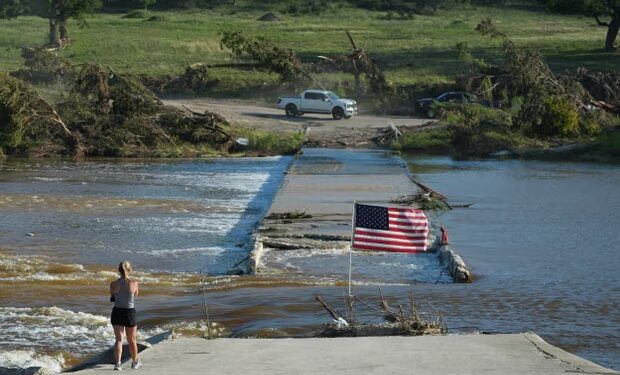The devastating floods that recently swept across Texas have once again exposed the deadly consequences of a ‘toxic cocktail’ made up of climate denial, federal budget cuts and inadequate infrastructure investment. From the perspective of the climate crisis, these factors combine to magnify risks and leave communities dangerously unprepared for extreme weather events.
Climate denial hampers urgent action
For years, political and ideological resistance to recognising climate change has slowed efforts to mitigate greenhouse gas emissions and adapt to increasingly severe weather patterns. In Texas, this denial has translated into delayed policy responses and resistance to adopting resilient infrastructure standards that could reduce flood damage.
This stance undermines scientific consensus and weakens public support for crucial climate initiatives. As a result, the state has struggled to mobilise resources effectively in the face of rising climate risks.
Federal cuts exacerbate vulnerability
Budget reductions in federal disaster relief and infrastructure programmes have stripped local governments of the financial means to upgrade flood defences, maintain critical drainage systems and implement comprehensive emergency planning. These cuts disproportionately affect poorer and rural communities, leaving them exposed to the worst impacts of flooding.
Experts warn that underinvestment in climate resilience not only increases the cost of disasters but also prolongs recovery times, compounding social and economic harm.
Extreme weather made worse by climate change
The recent floods, intensified by warmer atmospheric conditions and disrupted rainfall patterns, are a direct manifestation of climate change’s impact. Scientists emphasise that such extreme events will become more frequent and severe without aggressive global action to curb emissions.
The destruction in Texas serves as a stark warning that ignoring climate science and underfunding preparedness measures is a recipe for disaster. The human toll, property losses and strain on public services highlight the urgent need for a shift in policy and mindset.
A call for integrated climate crisis response
Addressing the ‘toxic cocktail’ requires coordinated efforts at federal, state and local levels to restore funding, implement climate-smart infrastructure, and combat denialism through education and transparent communication. Building resilience means not only preventing future floods but also ensuring communities can recover swiftly and equitably when disasters strike.
Without decisive action, Texas—and other vulnerable regions—will continue to face mounting risks from climate change, with consequences that extend far beyond their borders.
REFH – Newshub, 14 July 2025



Recent Comments